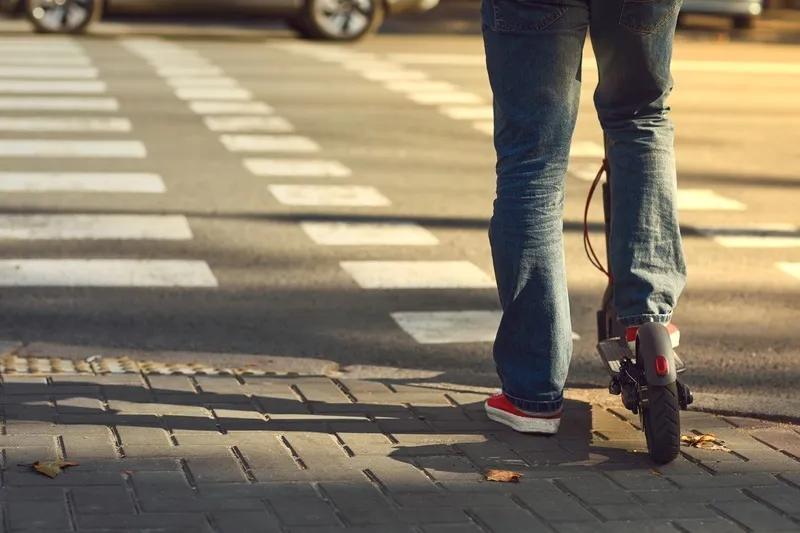“Shared responsibility between robot and human drivers can in fact lead to more complex driving decisions,” the report goes on. “The unintended consequences might make driving less safe, not more. In situations where humans take over control from robots, more crashes might occur among ‘average’ drivers who normally do not take risks.”
This is particularly likely in circumstances where drivers must take over from automated driving in emergency situations, ITF says.
While full automation could therefore reduce the number of severe crashes “significantly”, the problem with partially automated systems is that “humans retain an advantage in many contexts”. Overcoming this gap requires multiple sensors and connectivity with infrastructure – but cybersecurity risks means that “the avoidance of crashes should never depend on access to shared external communication channels alone”.
ITF recommends designing AVs so that safety-critical systems are “functionally independent and cannot fail in case of connectivity issues”.
The report comes as preliminary 2017 figures suggest a slight decrease in the number of road deaths. In 2017, only five out of 29 countries of the International Road Traffic Data and Analysis Group registered increases of 2% or more in the number of road deaths compared to 2016. Traffic fatalities fell year on year in 20 countries.
AVs could make driving ‘more dangerous’: report
Automated vehicles (AVs) could make driving more dangerous – that is the stark suggestion from a new report by the International Transport Forum (ITF). The report - Safer Roads with Automated Vehicles? – casts doubt on claims that 90% of road deaths could be avoided because the introduction of AVs would eliminate human error. ITF says such claims are at best “untested”.
May 23, 2018
Read time: 2 mins
Automated vehicles (AVs) could make driving more dangerous – that is the stark suggestion from a %$Linker: 2 External <?xml version="1.0" encoding="utf-16"?><dictionary /> 0 0 0 link-external new report false https://www.itf-oecd.org/sites/default/files/docs/safer-roads-automated-vehicles.pdf false false %> by the 998 International Transport Forum (ITF). The report - Safer Roads with Automated Vehicles? – casts doubt on claims that 90% of road deaths could be avoided because the introduction of AVs would eliminate human error. ITF says such claims are at best “untested”.







